When you are next visiting a bookstore, and find your way to the children’s section, you might be forgiven for thinking that there is no longer such a thing as a children’s author. Instead, you will be ambushed by piles of books blazoned with the names of actors, singers, comedians, DJs and people who generously exhibit themselves on social media.
“Writing” a children’s book has become another string to the celebrity bow. Imagine the scene. You’ve married a prince, and opened a shop that sells vaginal eggs. What more is there to do? A-ha, thinks the celebrity, perhaps while she is sitting on a bench. All those untutored minds, eager for moi! My personal brand will bring them such joy, such self-worth! They will all feel seen! And, think the celebrity’s agents, jumping into their swimming pools full of gold, the gormless punters will glance up from their phones, see a name they recognize, and, hey presto, little Jane has a book from her favorite godmother. Will Jane read it? Probably not. Will anyone mind? I shouldn’t think so. Only the legions of children’s authors, whose own books are left to gather dust — and who cares about them?
I remember, one day, browsing in a Notting Hill bookshop (not the one in the film, that’s not real), favored by me because it usually carried my books. As authors are wont to do, I ambled sideways to the shelf to see if it was still there: and watched, in horror, as a copy of my novel, The Double Axe, was in the act of being removed by the bookseller, replaced with a fat Minecraft manual written by someone whose last name began with “W.” As a metaphor for the decline of children’s literacy and the rise of computerized entertainment, it’s apt. Still, I didn’t cry, nobody died and I didn’t end up married to Julia Roberts.
There is no end to the phalanx of celebrities who want to penetrate the realm of children’s literature, an invading force colonizing a pristine world, the orcs entering the Shire. Adam Kay, a doctor notable for his admittedly hilarious memoir This Is Going to Hurt, recently announced he was producing a series of children’s books. Silly me! I tweeted underneath. If only I had thought to train as a doctor, then I might have had a chance as a children’s author! (He replied: there’s still time.) The comedian David Baddiel complains that his children’s books are never in newspapers’ Best of Year lists. Is it not enough, I wondered, to have the sales and prominence that his name provides?
I went into a chain bookstore, where you could not move for mountains of his books sitting face out in prominent positions, and sent a photograph to him on Twitter; but apparently, this is not enough, for the celebrity must have everything, verily even unto the last scrap of newsprint.
Books produced by the vast, tentacular Celebrity-Entertainment complex do not tend towards the original. The famous cook Jamie Oliver recently penned an opus called Billy and the Giant Adventure. I do not know if that is because the adventure was larger than usual, or if the adventure concerned giants, or if, perhaps, it was both, because on the day that it oozed onto my doormat, I was washing my hair.
These ersatz pieces of marketing do not tend to be steeped in the canon and history of children’s fiction. Usually composed in haste, they are formulaic, or influenced by whatever the celebrity enjoyed reading as a child, which is, it must be said, usually Roald Dahl. Perhaps the most egregious example is the output of David Walliams. This Walliams fellow is an actor, television personality and comedian, under whose name appear plotless monstrosities written with all the charm, wit and thoughtfulness of a battering ram. They appear every year, relentless, unstoppable, as if the entire United Kingdom has been placed under a curse, and nobody knows which frog to kiss to unravel it.
Walliams’s most recent, The Blunders, concerns a family of upper-class twits trying to save their crumbling house, because nobody’s ever written anything like that before. I do not think that in twenty years’ time, when the current crop of ten-year-olds are having children, they will be eagerly rushing to the attics to unearth their heirloom copies of The Blunders. Mary Norton’s The Borrowers, on the other hand, contains a far more subtle satirical attack on the upper classes. Your great-grandchildren will love it.
Those defending celebrities writing children’s books will say that comedians are also writers, who know how to craft sentences and jokes. Well yes, but you don’t see Judy Blume doing stand-up. Actors are known to be able to write too, when they are not looking in the mirror, and I suppose some models might be able to hold a pen. I suppose, too, that there exists a shadow world of indigent ghost-writers, who subsist on NEOM candles fallen from the gilt-encrusted tables of their chiseled employers.
I’m not saying that this needs legislation. We can’t have something like Plato’s republic, except that instead of poets, it would be the celebrities who are firmly shown the door (Walliams first, bye bye, thank you very much!) Let us dream for a minute, though. In Womack’s Kingdom, only Bona Fide Children’s Authors, who have properly ingested everything from Joan Aiken to Robert Westall, would be allowed anywhere near the hallowed halls. It is a tempting vision, but it is impossible. A free-market economy is a free-market economy, except when it isn’t, and in this case, it isn’t. Publishers, agents and celebrity agents are manipulating the market by flooding it with glittery ordure, creating an effective monopoly.
Remember: when you give a child a book by a celebrity, you are feeding their minds with advertising. When you buy a book by a celebrity, a children’s author, somewhere in the world, is forced to work as a seasonal turkey wrangler. Buy a book by a celebrity, and a fairy dies.
Why is it that celebrities never put their name to literary fiction? (OK, Tom Hanks wrote a novel, but all you can say about it is that it is a novel, and that it is written by Tom Hanks.) Why are the Pulitzer and Booker prize lists not groaning with efforts by Madonna, Timothée Chalamet and Arnold Schwarzenegger? Why doesn’t Kanye West (if that’s still his name) produce a series of science-fiction books? Why are the history and biography sections curiously lacking in tomes written by Z-list gym-fluencers? I’ll tell you why. It’s because the world doesn’t rate children’s books in the same way as it does adult literature. Martin Amis said that he’d have to have a brain injury to write a children’s book. Well, Martin, it’s too late now, but you never tried, did you? When people ask me what I write, and I answer “children’s books,” usually their response is “awww.” They assume that I write picture books about squirrels who’ve lost their mothers, or sad anthropomorphic trains. “Do you illustrate them yourself?” they leer, with the sort of pitying glance that assumes I’m several sandwiches short of a picnic. Then comes the would-be gut-punch: “When are you going to write a proper book?” At which point, I pelt them with illustrated hardback editions of Philip Pullman’s His Dark Materials.
In many ways, children’s books are the most important section of literature. Good children’s books lay down the groundwork for a happy, successful adulthood. Time and time again, studies show that children who read widely fare better, intellectually and socially, than those that don’t. And, economically and culturally, children’s books have an ever-expanding reach. The recent film Wonka, a prequel to Roald Dahl’s 1960 book Charlie and the Chocolate Factory, demonstrates that a properly good children’s book will linger, speaking to generation after generation. (And what’s more, they used Sibéal Pounder, a real-life children’s author, to novelize the screenplay.) In the UK, we are currently being treated to a television version of Enid Blyton’s The Famous Five, directed by Nicolas Winding Refn, although, given the director’s reputation for wildness, his adaptation is perplexingly lacking in torture, and the only lashings are those of ginger beer.
Publishers should be finding, prioritizing, funding and nurturing the heirs to Blyton and Dahl. Much has been done to open the gates to a more diverse authorship, with Malorie Blackman, Patrice Lawrence, S.F. Said, and Polly Ho-Yen (among many others) at the forefront. But the advances given for children’s books are too small, and the rewards too sporadic, for any but a handful at the very top to make a living from the profession.
Meanwhile, David Walliams gets sent on book tours by helicopter (true) and throws diamonds at monkeys for fun (possibly true, who knows, I’ve never asked him). There is a solution, and it’s not even that radical. Could the vast pools of money currently sustaining celebrity children’s books be funneled, instead, into decent advances for midlist authors and debut writers? Investment could go into supporting as wide and rich a range of voices as possible, so that people from across the social spectrum can have the opportunity to become serious, committed and innovative children’s authors.
Because it isn’t just the children’s literature shelves that are at stake. It’s our entire cultural future. Nourish their minds with the good stuff now, and we’ll have a thoughtful, engaged polity in the future. Give them pabulum, and that’s what you’ll get back.
Now, please excuse me. I’ve got a medical school application to write.
Philip Womack is the author of several novels for the young, including Ghostlord, which was a Children’s Book of the Year in the Telegraph, the Times Literary Supplement and Books for Keeps. This article was originally published in The Spectator’s March 2024 World edition.



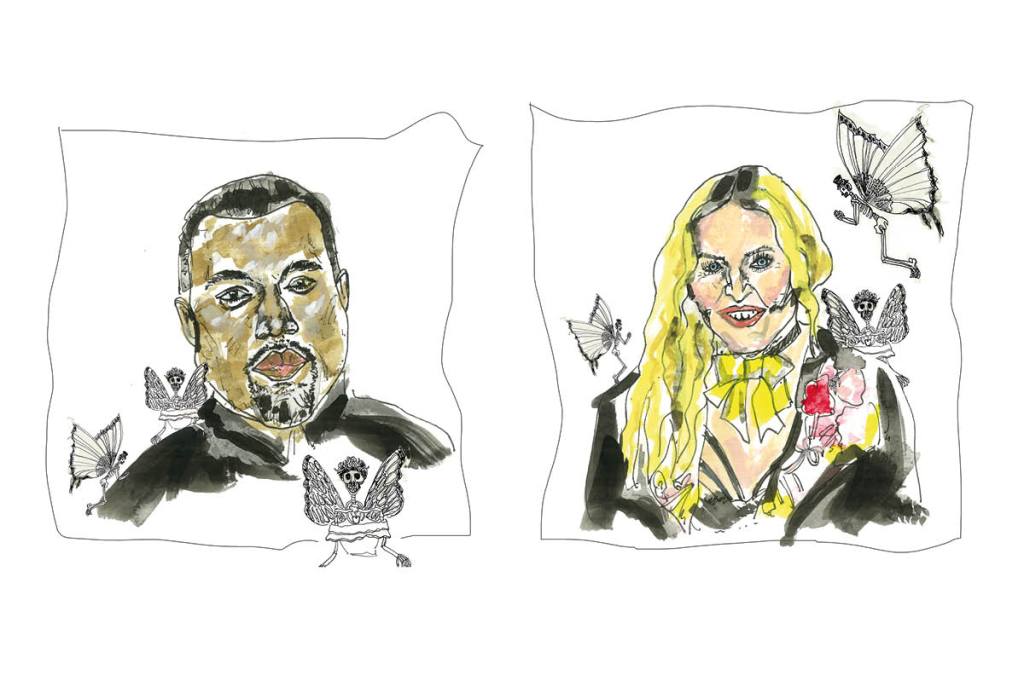






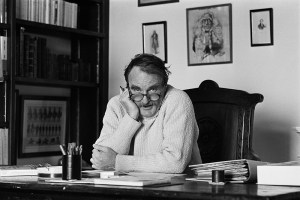
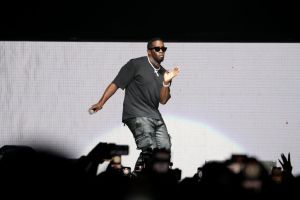

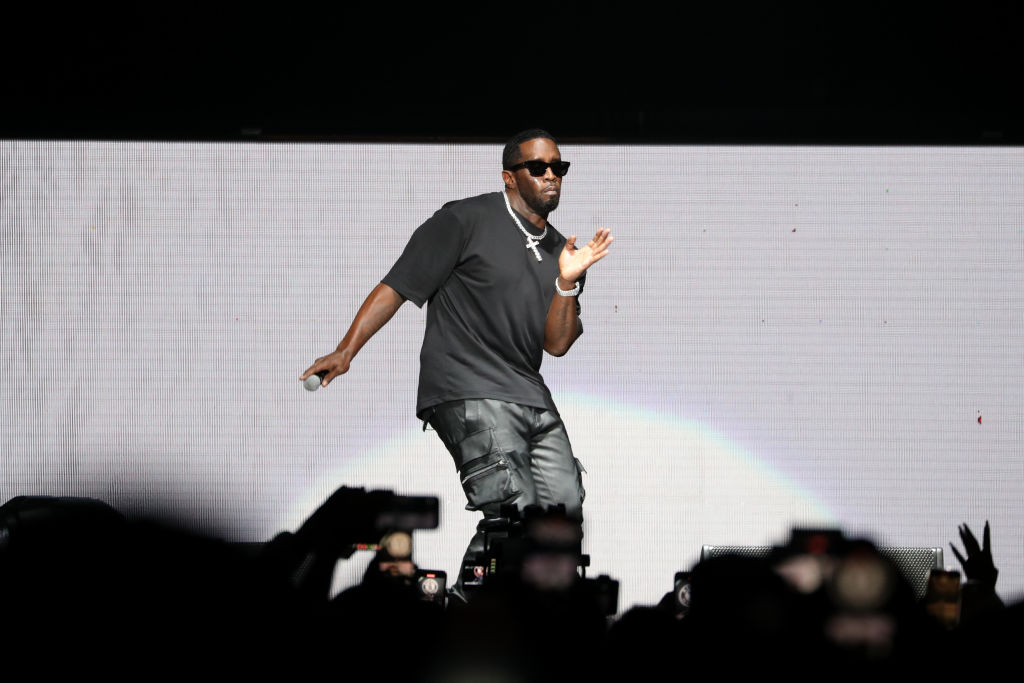
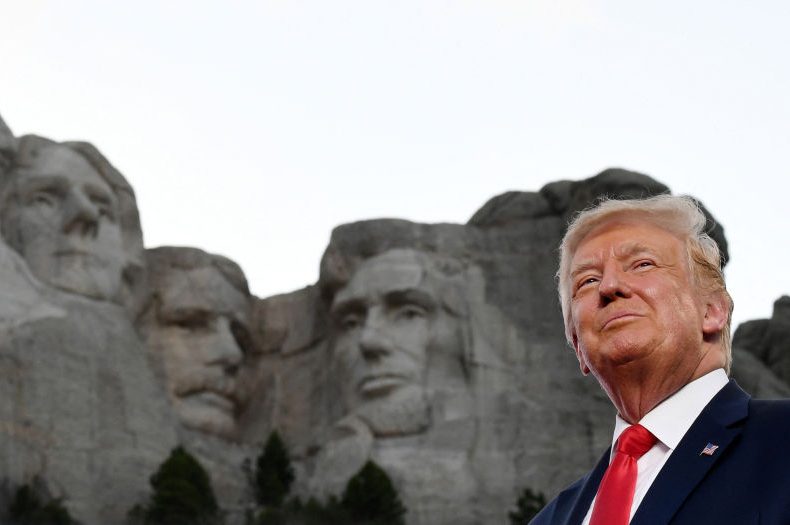
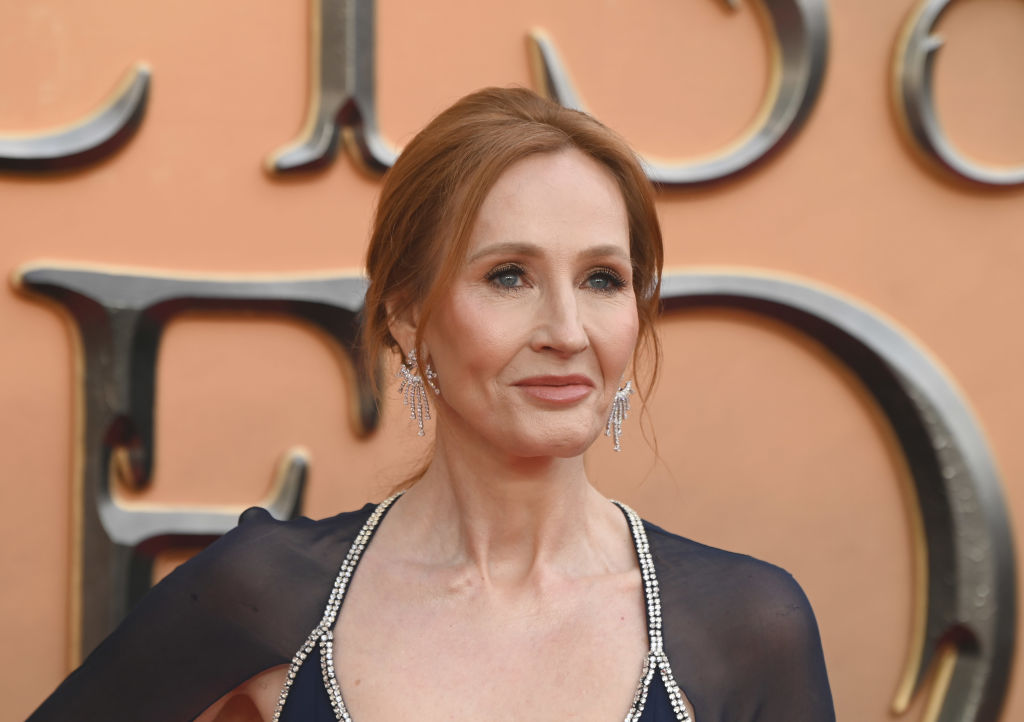










Leave a Reply